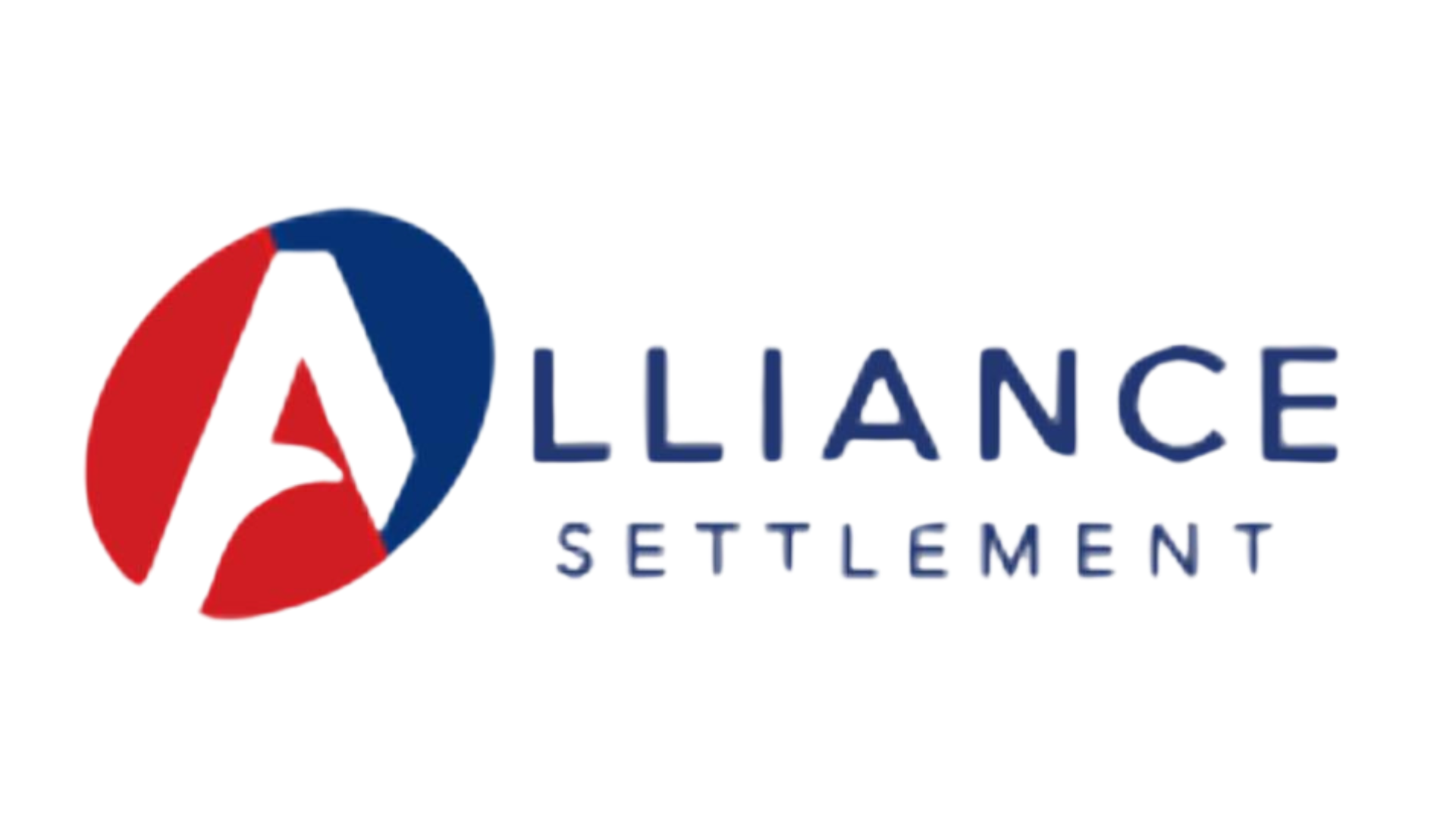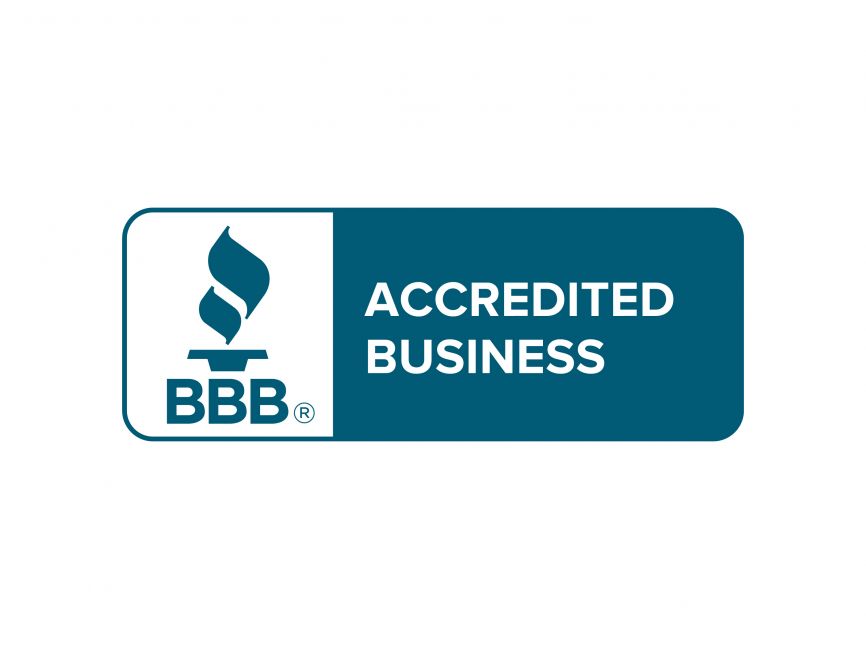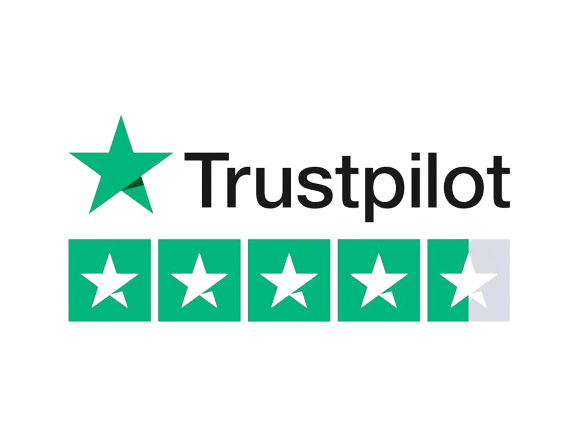Debt doesn’t just affect your bank account—it affects your relationships, mental health, and daily peace of mind. One of the hardest parts of being in debt is feeling like you have to carry the burden alone. But opening up to your family can lead to support, understanding, and even collaborative solutions. Here’s how to do it in a way that’s honest, respectful, and shame-free.
1. Reframe the Conversation
Debt isn’t a moral failure—it’s a financial situation, and often the result of circumstances outside of your control. Remind yourself (and your family) that discussing debt is a sign of strength, not weakness.
2. Choose the Right Time and Place
Pick a calm moment when everyone can be fully present. Avoid stressful times like holidays or immediately after a conflict. A quiet Sunday afternoon or family dinner at home might be ideal.
3. Be Transparent—but Keep It Simple
You don’t have to share every number. Focus on the big picture: what you’re struggling with, how it’s affecting you, and what kind of support you’re looking for—emotional, logistical, or financial.
4. Set Boundaries if Needed
If you’re not looking for advice or judgment, say so gently but clearly. For example: “I just need someone to listen right now, not fix things.”
5. Discuss Your Action Plan
Letting them know you’re already taking steps—like working with a debt settlement company or creating a payment plan—can reassure them that you’re serious about resolving the issue.
6. Involve Them Where Appropriate
Sometimes family members can help, whether it’s co-managing household expenses or just offering accountability and emotional support. Invite them to be allies, not spectators.
Debt Shouldn’t Be a Secret
You don’t have to struggle alone. Talking about debt is hard, but it can also be freeing. At Alliance Settlement, we believe in honest conversations and real solutions. If you’re ready to take the next step, we’re here to support you and your family—every step of the way.










